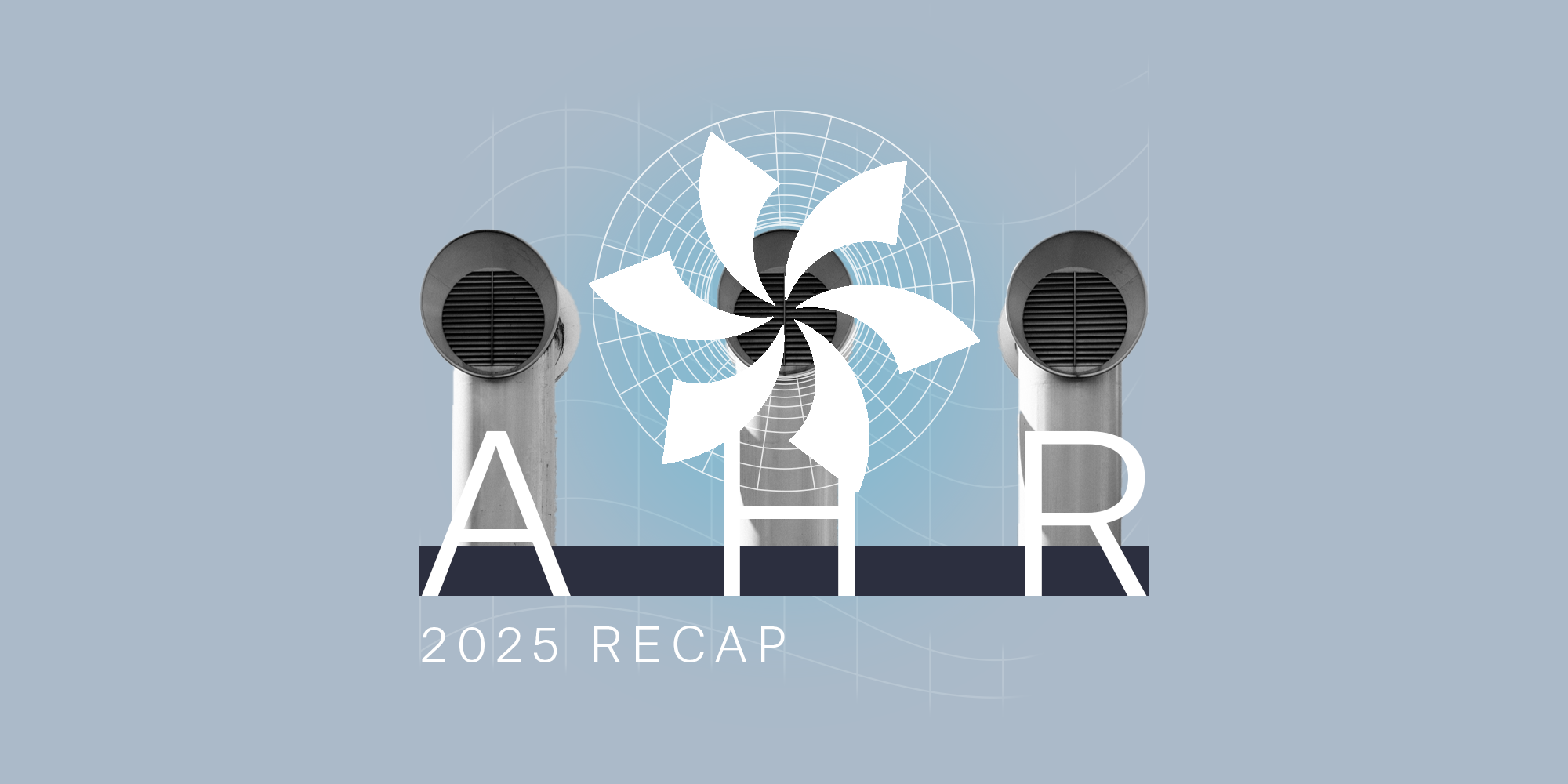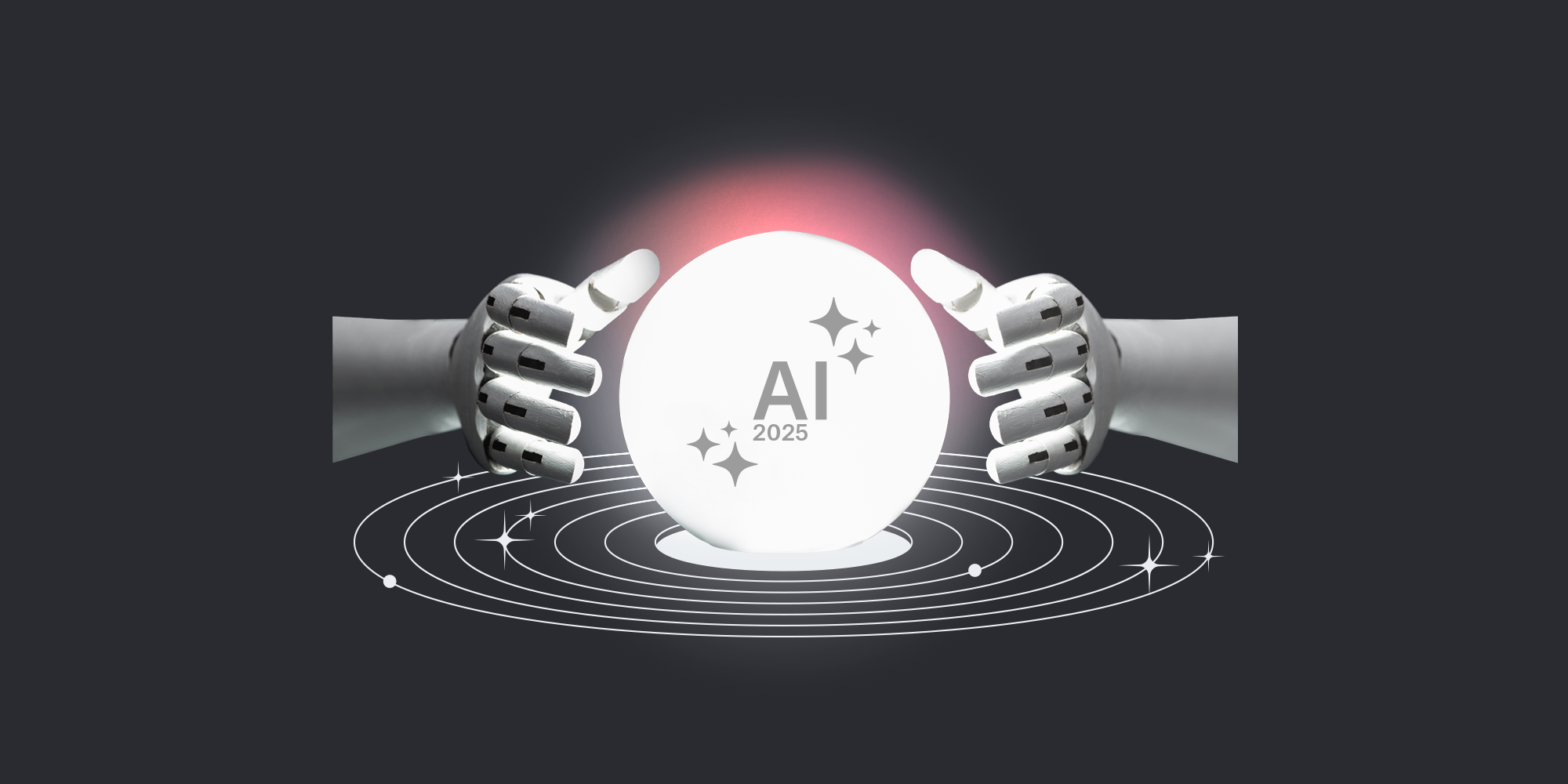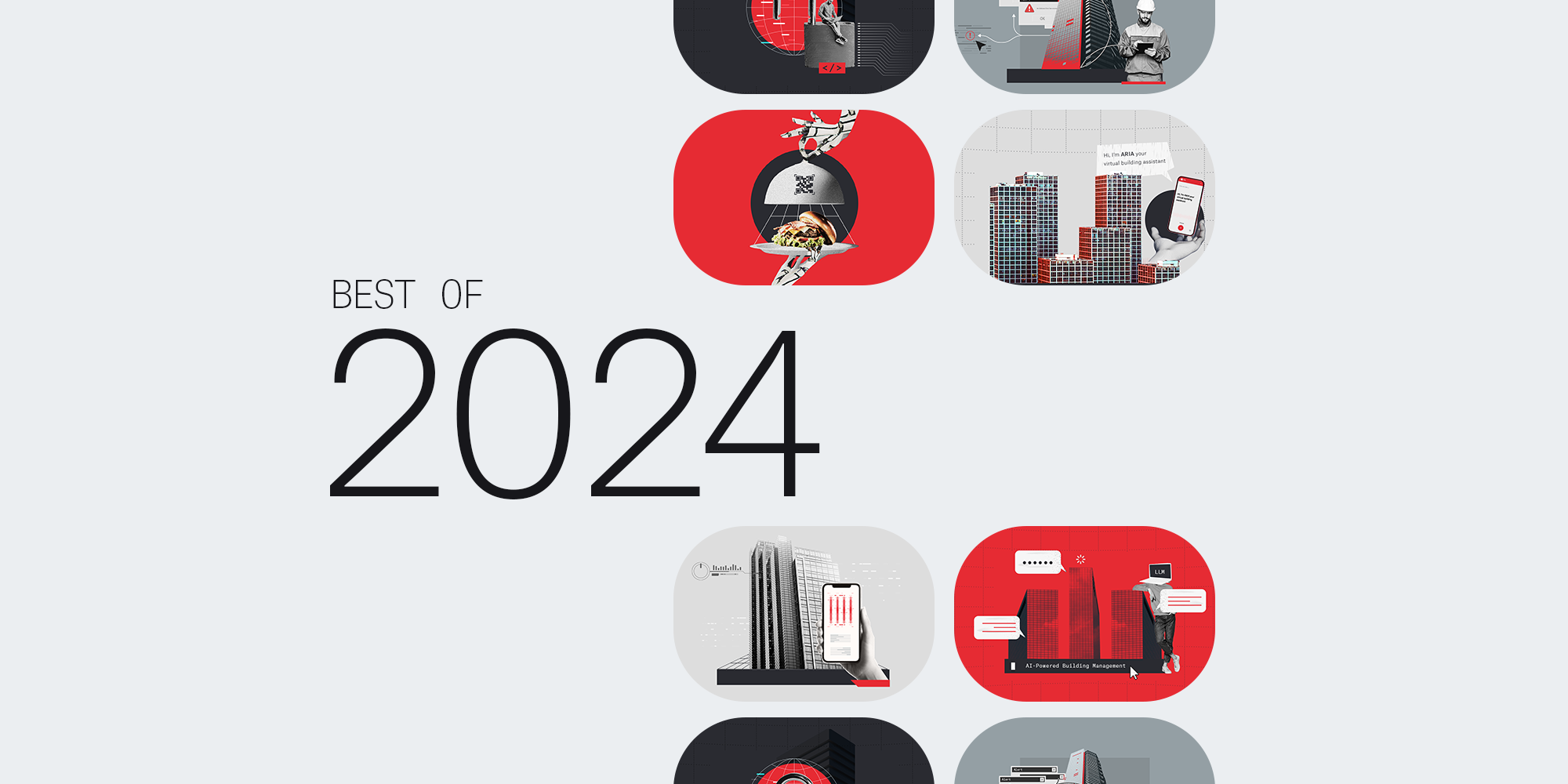3 Ways Smart HVAC Systems Keep Your Tenants Happy

3 Ways Smart HVAC Systems Keep Your Tenants Happy
We are living in the future. From 3D printers that can mimic the biological process to actual real-life hoverboards, there are a lot of things about our 21st-century lifestyle that would make somebody from the 1700s (or even 1900s) say “wow”.
But the most impressive things about how we live aren’t always visible on the surface. The average modern building has changed a lot in the past few decades, but most of the changes have been invisible to the untrained eye. We’re not talking about fancy escalators or elevators—we’re talking about the internal changes that go into making a smart building.
When we talk about “smart buildings”, we often picture things like lights that turn on with your voice or coffee machines that know your order from your thumbprint. And while these things are certainly possible, they’re not the focus of this article. This article will look at one of the most important intelligent building systems that have become more popular in recent years—smart HVAC systems.
What is a smart HVAC system?
But first—a brief introduction. A “smart HVAC” system refers to a heating, ventilation, and air conditioning (HVAC) system that uses technology to operate. Unlike a traditional HVAC system, which requires a great degree of human intervention and provides imbalanced, inefficient results, a smart HVAC system uses machine learning to optimize performance patterns. The end result is a “smarter” HVAC system that saves on energy and operational costs.
How smart HVAC systems improve tenant life
1. Comfortable environment
Nobody wants to work in an uncomfortable environment. So why is it, then, that our offices are so often either too hot or too cold?
This may seem like a small problem, but it’s one that strongly impacts productivity, not to mention employee well-being. While everyone’s opinion of an ideal temperature will vary depending on the person, the ideal indoor temperature is thought to be somewhere between 68 and 76 degrees (Fahrenheit, in Celsius that’s between 20 and 24 degrees).
The range of comfort isn’t very large—humans are fickle creatures, after all. The window gets even more narrow when you look at scientific studies that have been done on the optimal indoor temperature for working. This study showed that productivity was at its best between 69.8 and 71.6 degrees Fahrenheit (21-22 degrees Celsius).
Fortunately, innovative smart HVAC systems allow you to precisely cool and warm your working spaces without any human intervention. So does this mean that you should keep your indoor thermostat balanced delicately between 21 and 22 degrees at all times? Smart HVAC takes one step further by heating and cooling your rooms based on deep learning that takes into account relevant factors like occupancy levels, weather, and building composition.
The result is the perfect room temperature at all times. And your building’s tenants are sure to thank you for it.
2. Good for the bottom line
The beauty of a smart HVAC system that does not require any additional equipment or sensors is that there is no up-front cost. Once the technology is up and running, you become cashflow positive right away, and these results are hard to argue against. When you consider that commercial buildings account for 35% of all energy consumed in the US, it makes sense that many companies are looking for ways to cut back on energy use. Not just for the sake of their pocketbook, but the environment as well.
Relying on a smart HVAC system is a great way to reduce energy use and spending. Smart HVAC systems like BrainBox AI use predictive technology to proactively optimize the way your building uses energy.
Using proprietary self-predictive technology, BrainBox AI writes back to the controller every five minutes to make decisions on ways to improve the operation of your HVAC system. These improvements, which we like to call micro-adjustments go a long way to optimize the performance of your HVAC system.
Considering that 30% of the average building’s energy use is wasted, this is good news for both your current and future tenants. And, when it comes time to attract a new tenant, you should have a much easier time doing so.
3. Say goodbye to clunky maintenance
One of the most tedious parts of maintaining a building is keeping up with its maintenance needs. When you rely on a smart HVAC system you can forgo the need for expensive and inconsistent building maintenance and can instead let your system do the work for you.
BrainBox AI comes with a complimentary asset health monitoring service that informs building managers of any potential threat or service issue. With BrainBox AI, buildings are empowered to self-operate 24/7, which means that you don’t need to worry about booking preventative maintenance. This, of course, also means that your tenants won’t have to accommodate bothersome repair appointments—or even worse, book the appointments themselves.
The future may look a bit different from how the people of the past envisioned it, but the story hasn’t been written yet. We all have the power to shape the future of buildings. And with a smart HVAC system, it’s a future that’s more kind to building occupants and the environment alike.













